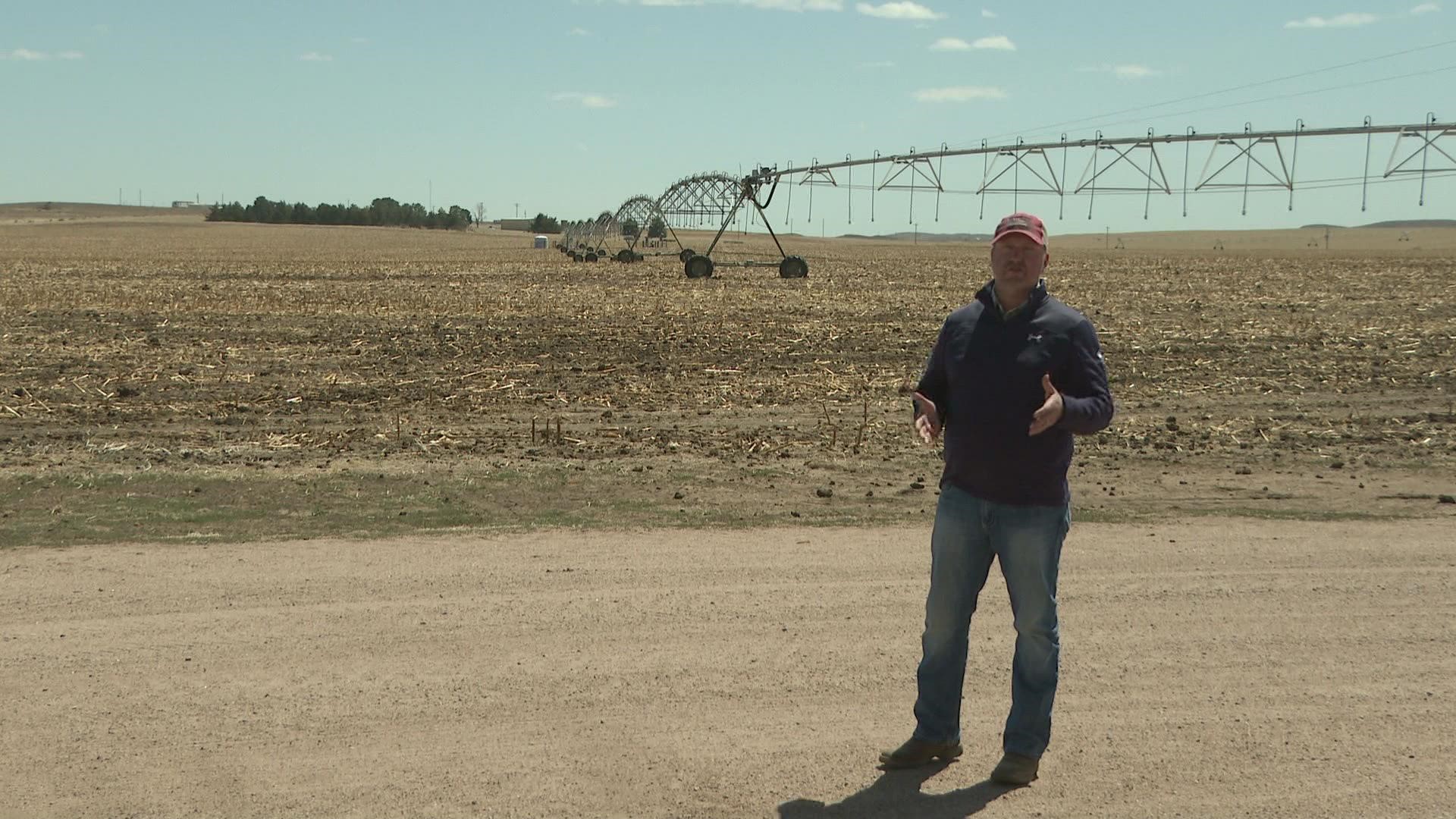YUMA, Colo. — Colorado farmers and ranchers pay close attention to the war in Ukraine because the conflict adds to the cost of doing business.
Russia was a major producer and exporter of fertilizer until its invasion of Ukraine disrupted production. The resulting sanctions and supply chain issues have driven up the cost of fertilizer even for farmers in Colorado.
“This fertilizer right here has doubled," said Nathan Weathers, standing beside several large tanks of liquid fertilizer on his farm in Yuma.
“Just this fertilizer right here alone would cost us about $15,000 to $20,000 more money today than it did when we bought it," he said.

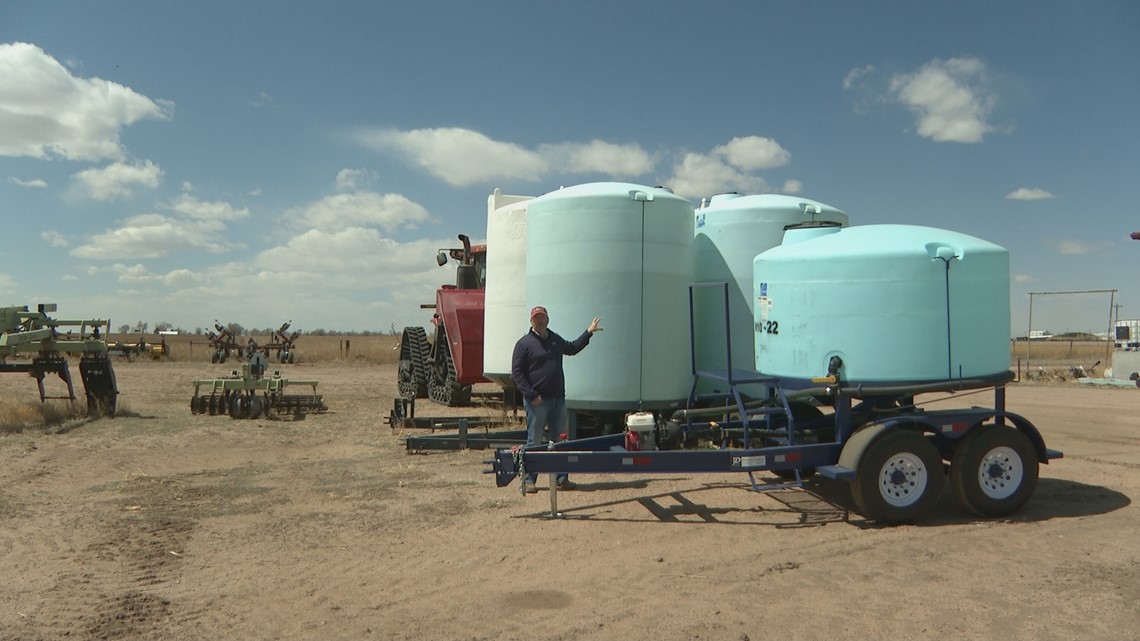
The rising cost of fertilizer is just the latest curveball farmers like Weathers have come to expect.
“We’ve got Mother Nature, we’ve got prices, we’ve got input costs, we've got all these different things that we’ve got to balance," Weathers said.
Resilience runs deep on any family farm. Weathers' grandfather irrigated land off Highway 34 about 45 years ago. Now, Weathers, his father and wife grow corn and popcorn on the property in northeast Colorado.
“When you have a way of life that you’ve grown up with and you appreciate it as much as we do, you try to do everything to sustain it," he said.

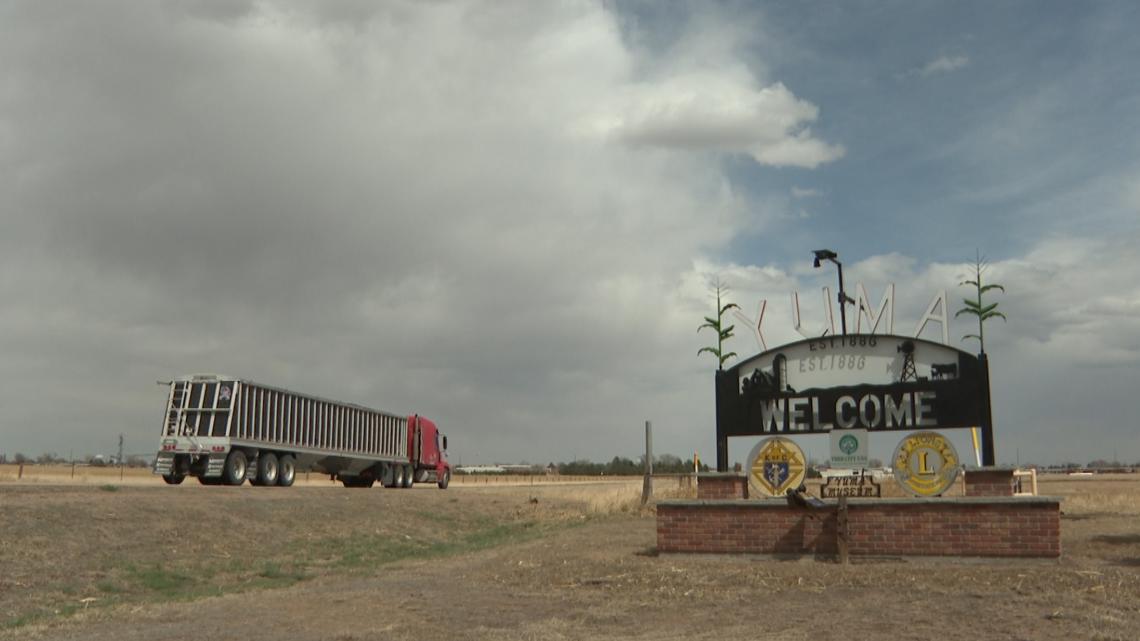
Weathers makes his living reacting to things he can't control -- like the price of fertilizer.
"It's opened my eyes," he said. “I did not realize the sheer amount of fertilizer that we imported into this country."
According to the American Farm Bureau Federation, Russia is a major exporter of the three nutrients that compose fertilizer: nitrogen, phosphate and potassium. Russia leads the world in nitrogen exports and ranks third in phosphate and potassium exports.
In a recent report, the Colorado Farm Bureau said they expected fertilizer prices to continue rising because of disrupted production, supply chain pressures and trade sanctions.
Weathers said he was fortunate to have purchased a season's worth of fertilizer before the war at a lower price.
"We're all looking to next year because we don’t know how much longer that conflict is going to last," he said.

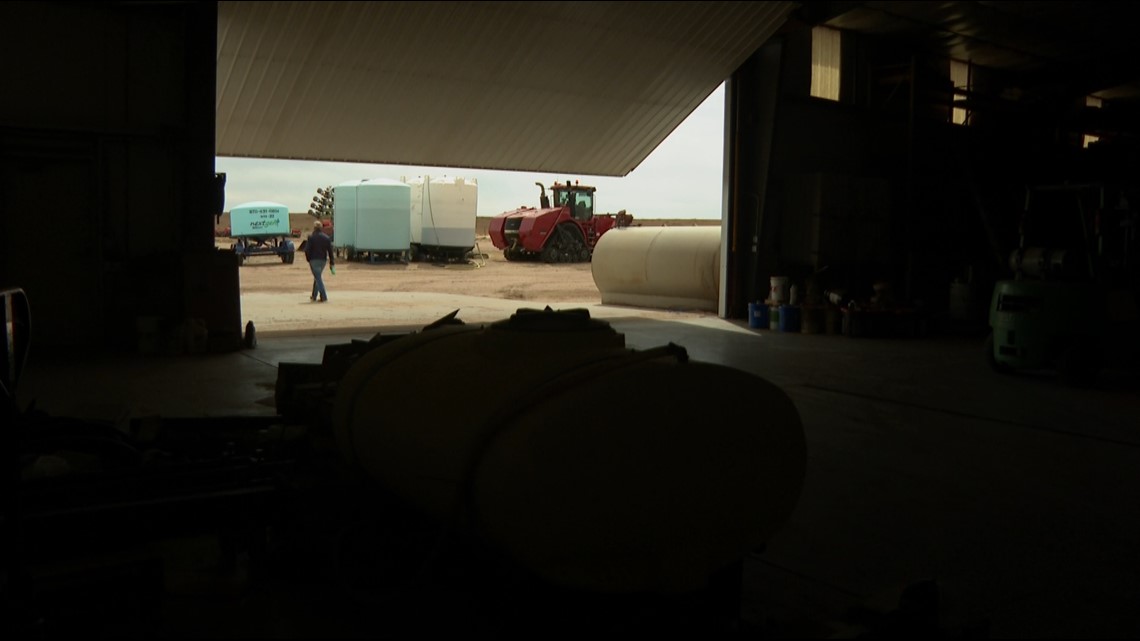
Weathers said some farmers have accepted this growing season won't be their best.
“I’ve had conversations with several farmers that they’re like, ‘you know what? We’re just not going to go after that top yield,'" Weathers said. "'We’re going to cap it. Here’s our budget. This is how many dollars we’re going to spend on fertilizer, and that’s it.’”
Whatever happens in Ukraine, a farmer in Yuma will figure out how to move forward.
"Farmers and ranchers are probably the best at making do with what they have," Weathers said.

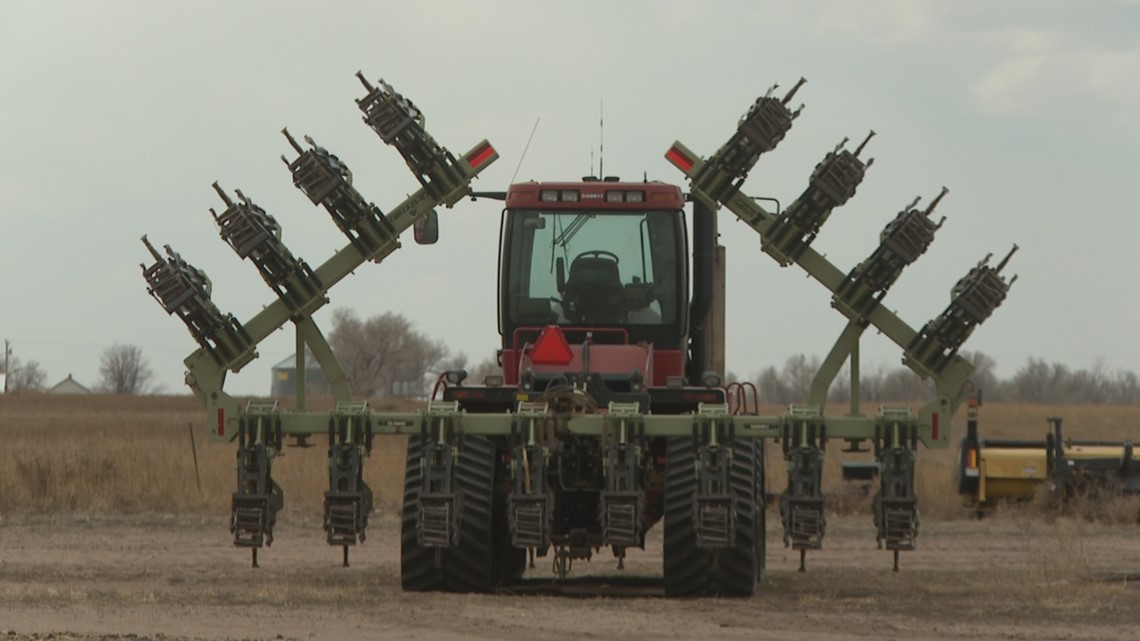
SUGGESTED VIDEOS: Latest from 9NEWS

